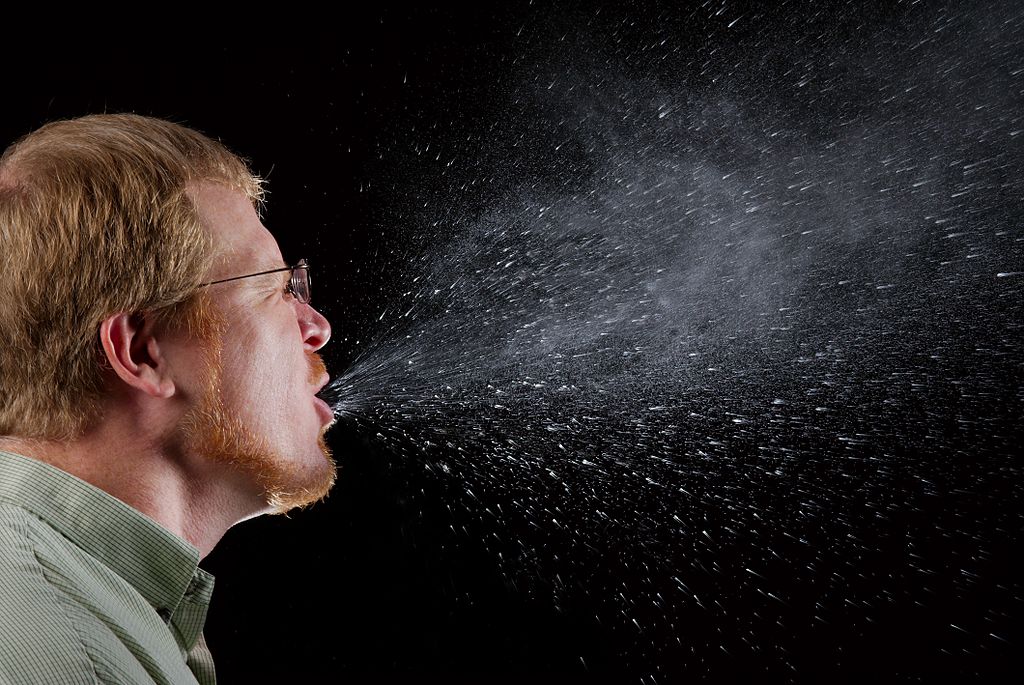Here be Dragons: Caring for Children in a Dangerous Sea of sCAM
As a pediatrician working in a relatively sCAM-inclined region, it is not uncommon to find myself taking care of patients who are also being followed by so-called alternative medicine practitioners. This often creates a major obstacle to providing appropriate care and establishing an atmosphere of mutual trust in the provider-patient/parent relationship. It usually makes me feel like I’m battling invisible serpents in...
Don’t just stand there, do nothing! The difference between science-based medicine and quackery
The Merriam-Webster Dictionary defines science as: Knowledge about or study of the natural world based on facts learned through experiments and observation. And: Knowledge as distinguished from ignorance or misunderstanding. While this should distinguish science from pseudoscience, those who practice the latter often lay claim to the same definition. But one of the major differences between science and pseudoscience is that science...
Hot-Zone Schools and Children at Risk: Shedding light on outbreak-prone schools
The subject of parental vaccine refusal and the impact that has on disease outbreaks has been covered many times on SBM and elsewhere. I apologize to our readers who are growing tired of the subject, but there is perhaps no subject more deserving of focus and repetition. There’s also an important angle to the discussion that I’ve written on previously and which...
Legislating Ignorance
Science is under attack, and not just from anti-vaccine celebrities and parents with degrees from Google University. Scientific illiteracy is being woven into the very fabric of our society through legislative assault. If you dismiss this as alarmist hyperbole, you haven’t been paying close enough attention. Every day thousands of pediatric health care providers throughout the country provide safety advice to patients...
Lemons and Lyme: Bogus tests and dangerous treatments of the Lyme-literati
It’s that time of year when every day I can expect to see at least one patient with a concern about Lyme disease. In Lyme-endemic regions such as Western Massachusetts, where I practice pediatrics, summer brings a steady stream of children to my office with either the classic Lyme rash (erythema chronicum migrans, or ECM), an embedded tick, a history of a...
VacciShield: Pixie dust for an imaginary threat
I know by now I shouldn’t be, but I am still amazed by how readily so many people buy into the seemingly endless array of bogus sCAM nostrums. Many are marketed and hawked for the treatment or prevention of diseases that are poorly managed by science-based medicine. There are countless examples of dietary supplements that are purported to effectively treat back and...
Amber Waves of Woo
As a pediatrician I have an opportunity to observe a wide variety of unusual and sometimes alarming parental efforts meant to help children through illness or keep them well. I have recently noticed one particular intervention that seems to be becoming more prevalent, at least in my practice. I’ve begun to see more and more infants sporting Baltic amber teething necklaces. These...
Measles gets a helping hand
In a recent post I shared a bit of my personal, near-death experience with measles during the US epidemic of 1989-1991. As I describe in that post, I contracted a very serious measles infection at the end of medical school, and was highly infectious when I interviewed for a residency position at Seattle Children’s Hospital. Like others my age who received an...
Osteopathy in the NICU: False Claims and False Dichotomies
I would like to preface this post by stating that I have worked with many DOs (Doctors of Osteopathy), and I have helped train many pediatric residents with DO degrees. I have found no difference in the overall quality of the training these students have received, and some of the very best clinicians I have ever worked with have been DOs. I...

You can’t beat the common cold, and that’s a fact
The common cold is very, very common, with a lot of treatments proposed to control its symptoms or shorten its course. Most don't work.
